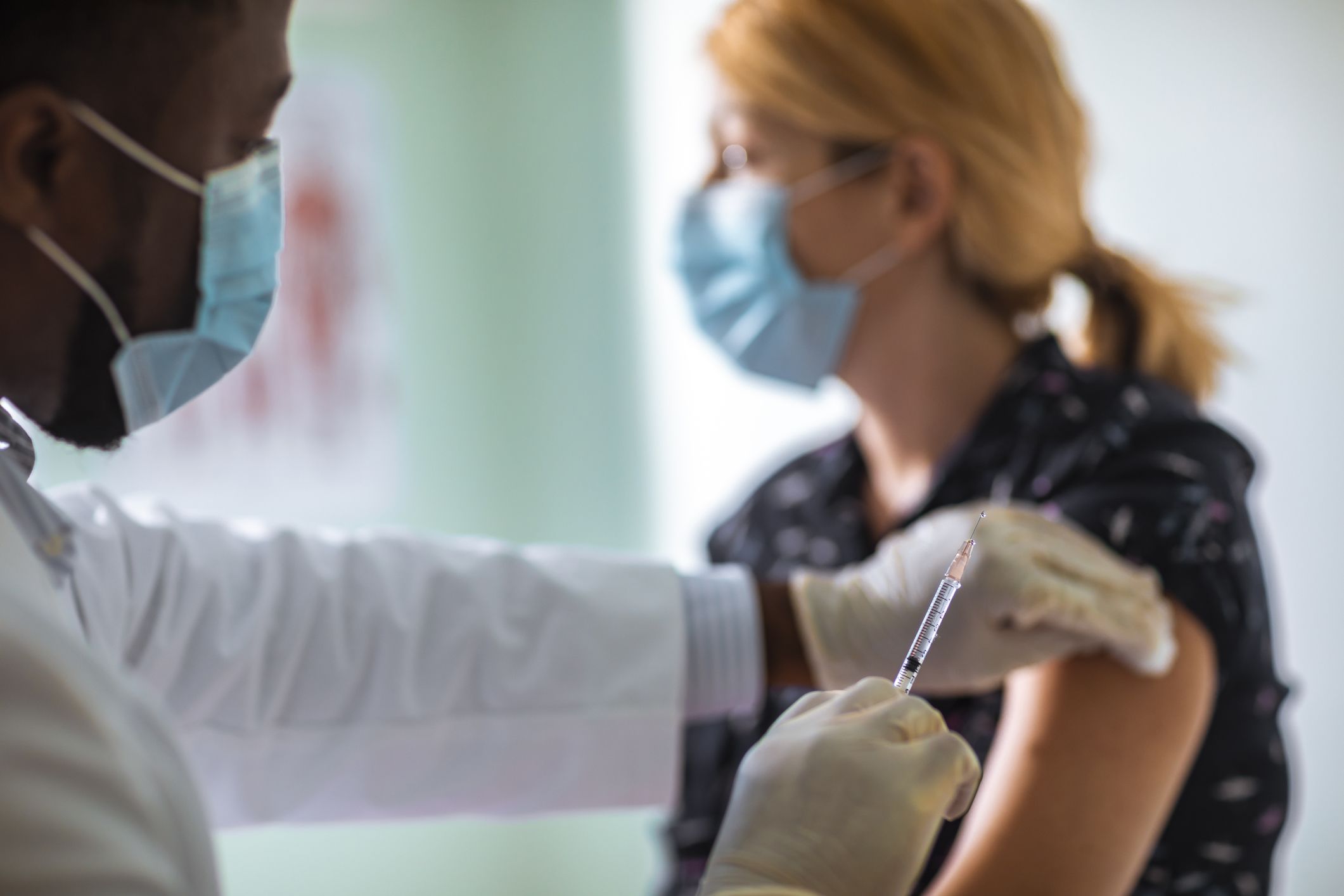Updated on May 1, 2025
Maybe you’ve heard about shingles, or maybe you’ve even had it yourself. A painful rash caused by a viral infection, about one in three people in the United States will develop shingles at some point. And while there is no cure, an effective vaccine is available.
The Centers for Disease Control and Prevention (CDC) recommends the shingles vaccine for people ages 50 and older. This includes people who have had shingles in the past and those who have received an older type of shingles vaccine. The vaccine is given as a two-dose series, spaced two to six months apart.
Here’s what to know about shingles and the shingles vaccine.
What is shingles, exactly?
Shingles is a reactivation of the varicella-zoster virus, the same virus that causes chickenpox. Anyone who has had chickenpox is at risk for shingles. Studies show this is the vast majority of people in the United States ages 40 and older (though many don’t remember having had chickenpox).
Shingles causes an uncomfortable, blistering rash that typically takes three to five weeks to resolve. In most cases, the rash appears on one side of the torso, though it can appear on other areas of the body, including the face. When it reaches the eyes, shingles can cause blindness.
Roughly 10 to 15 percent of people who have shingles develop a complication called postherpetic neuralgia (PHN). PHN causes nerve pain that lingers for months or even years after the rash resolves. The risk of PHN increases with age.
How effective is the shingles vaccine?
It’s more than 90 percent effective at preventing shingles and remains at least 85 percent effective for four years. The vaccine also prevents PHN. However, without the second dose, the shingles vaccine is less effective.
Where can I get the shingles vaccine?
In many cases, you can receive the shingles vaccine at a local pharmacy. Your healthcare provider (HCP) can also administer the vaccine, which may be convenient if you are due for an annual checkup.
What if I missed my second dose?
You should get the second dose as soon as possible. You will not need to restart the vaccine series.
Can the shingles vaccine cause side effects?
Like any other medication or vaccine, the shingles vaccine can cause side effects. Side effects can include redness and soreness at the injection site, as well as headaches, nausea, and fatigue. Side effects usually resolve within a few days.
Who should not receive the shingles vaccine?
Some people may need to delay getting the shingles vaccine, including people who are pregnant and breastfeeding, people who currently have shingles, and people who are currently ill (for example, with the flu or COVID). People who have had a severe allergic reaction to any of the components in the shingles vaccine should not receive the vaccine. People who do not test positive for varicella zoster virus should receive the chickenpox vaccine.
Where should I got if I have a question about the shingles vaccine?
Talk to an HCP, such as your primary care physician or your pharmacist. Since everyone’s health status is somewhat unique, your HCP will be your best source of information.






